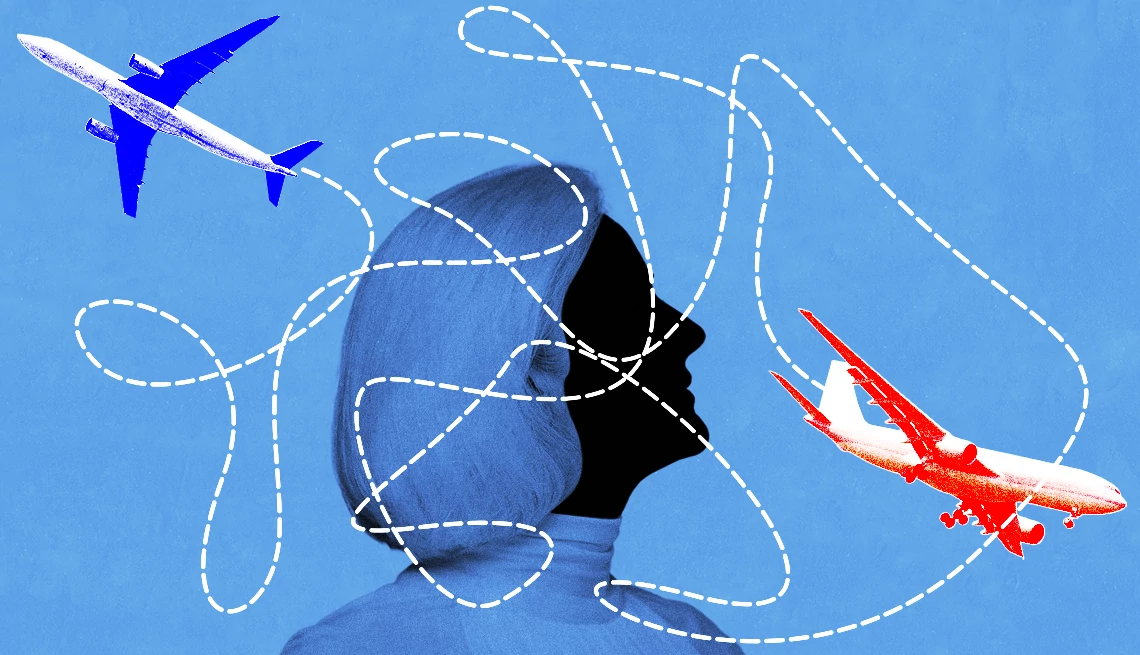Play all audios:
When I moved from America to Britain for college, I expected the experience to be like a sleepaway trip to my grandparents’ house: a bit damp and dusty with age, charming if slightly
haunted, the meals somewhat reminiscent of an era of wartime rationing, but on the whole familiar. Like an extension of home, even. I wasn’t completely wrong. The U.K. has its fair share of
rickety old flats, twee country villages, pickled eggs and tinned beans; in other words, everything the movies and the cliches prepare you for. It’s one of the last places you’d expect to
feel culture shock as an American, and yet after five years of living here, I still often feel like a bewildered tourist, forgetting which way to look first when crossing the street. America
and Britain are, on the face of it, broadly similar. We speak the same language, for one (though if I dropped you in the center of Glasgow, you’d likely need a translator). We have in
common foundational values of liberty, justice and equality and we are the world’s leaders in protecting and promoting these. Our cultural outputs translate smoothly both ways across the
Atlantic: the Brits love Hollywood, Americans love Adele, The Beatles and Queen; they wear Ralph Lauren, we wear Barbour and Burberry. The British respond to American jibes about their
boring, beige food by mocking our greasy hamburgers. But fast-food chains such as McDonald’s and KFC are ubiquitous in the U.K. Our international friendship goes deeper than these shared
tastes. Certainly, America’s confidence in crowning ourselves the greatest country in the world chafes the self-effacing Brits, but they’ve been a steadfast ally in our times of need. After
the 9/11 terrorist attacks in 2001, a British military band played “The Star-Spangled Banner” during the Changing of the Guard at Buckingham Palace. The crowd waved American flags and wept.
The term coined by Winston Churchill that sums up Britain and America’s cooperation and joint responsibility to be the free world’s watchdogs is more than an international affairs buzzword
to me. I’ve come to understand this “special relationship” as something closer to sibling rivalry – reluctantly affectionate, teasing and bitterly competitive. Churchill, revered on both
sides of the Pond, supposedly described the U.K. and U.S. as one people divided by a common language. There is, in fact, a language barrier within our shared native tongue. Americans prefer
to speak in a way that’s candid and literal: “trash can” tells you exactly what it is for, as does “sidewalk,” while the British “bin” and “pavement” feel more affected.

